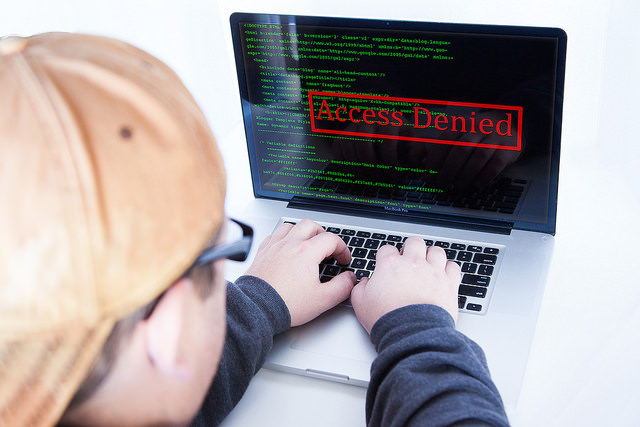Are Everyday Devices Safe From Hacking?
How is cyber security affecting everyday life?

Cyber security expert, Professor Barbara Ciaramitaro, from Walsh College, speaks with Detroit Today host Stephen Henderson about cyber security in today’s digital age. When nearly everyone and everything is plugged-in to some kind of digital network, how are manufacturers and consumers able to make sure that their data is secure? Check out some of Professor Ciaramitaro’s advice below:
- Stunt Hacking: Ciaramitaro explains recent events like the Fiat Chrysler Jeep hack and the airline hacking were done by white-hat hackers. These are hackers who are using their skills to bring security issues to the forefront of public discussion. She doesn’t condone their actions because it can put the public in danger but acknowledges that their actions tend to garner significant attention.
- Public Outcry: She also explains that white-hat hacking is becoming prevalent because manufacturers often don’t listen to the concerns of the cyber security community and code for accessibility over security. She says the best way for this to change is to have consumers lead the charge and demand that companies provide security and accessibility in their programs and development. She says in addition to safety ratings, manufacturers should provide security ratings that ensure their products aren’t vulnerable.
- The First Step: Stephen asks if it would be better to ensure program security by teaching it to the coders before they begin working for manufacturers. Ciaramitaro says this would be ideal, but most courses and programs do not teach secure programming. She relates that there is still a lack of foresight when it comes to program and code development that causes coders to think their products aren’t a target for hackers.
- National Security: Stephen also questions whether it’s getting to the point where a cyber-attack could take down systems like the national power grid or air traffic controls. Ciaramitaro says it’s a possibility because whenever systems have a high level of access they’re vulnerable to hacking. She says it’s possible for newer systems to be more secure through updates and software, but she worries about the nation’s legacy systems that are built on old hardware and software.
Click the audio link above to hear the full conversation.
